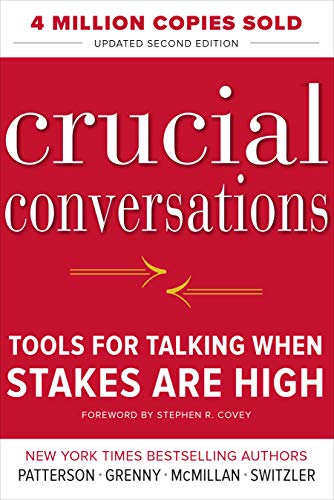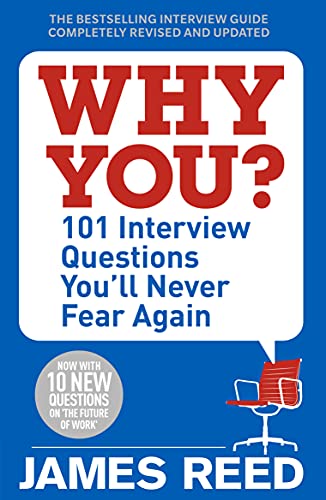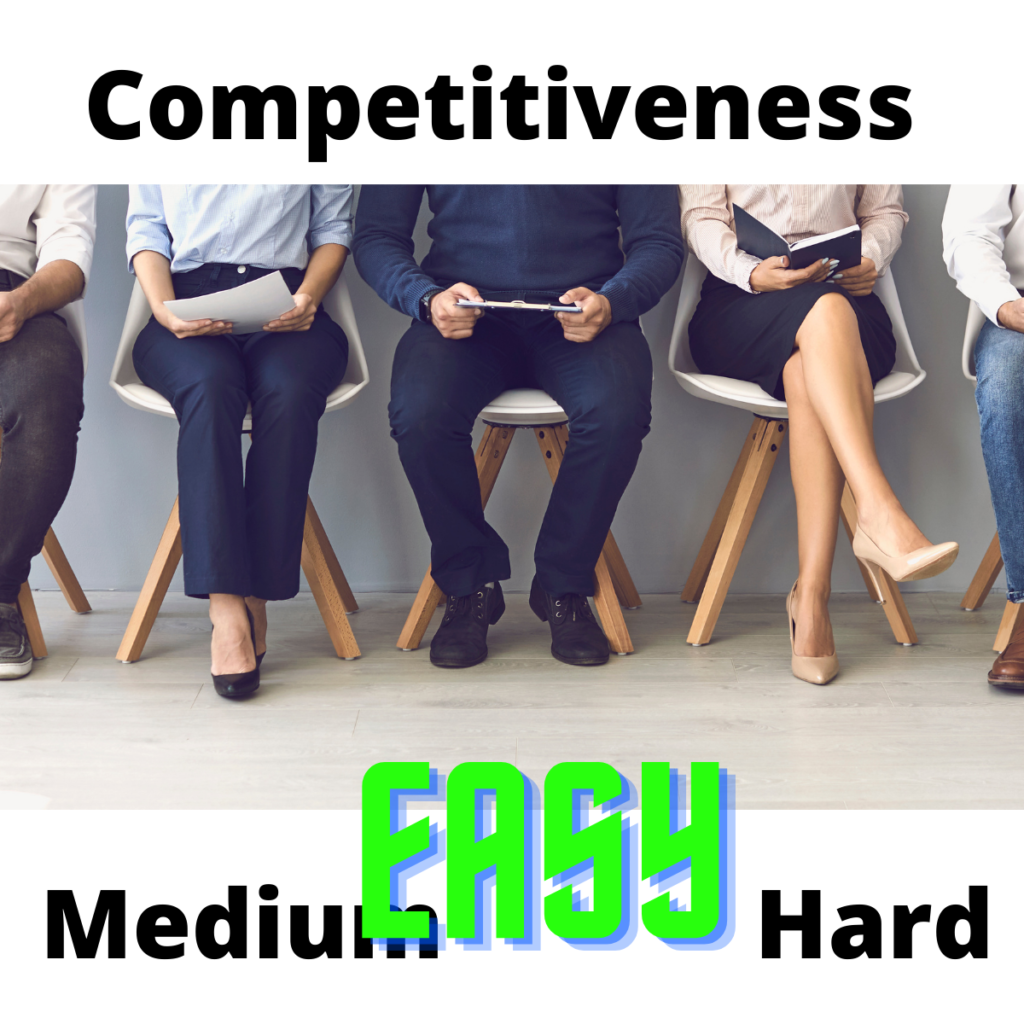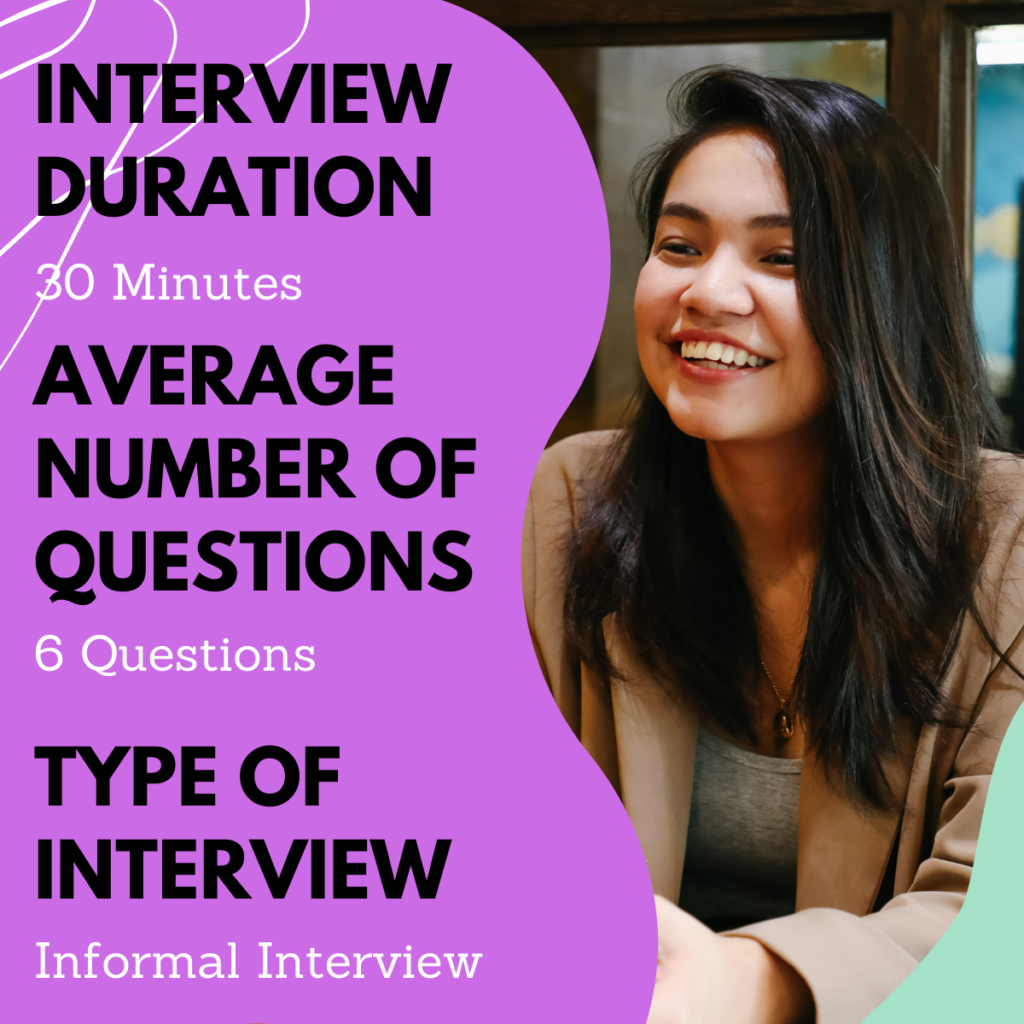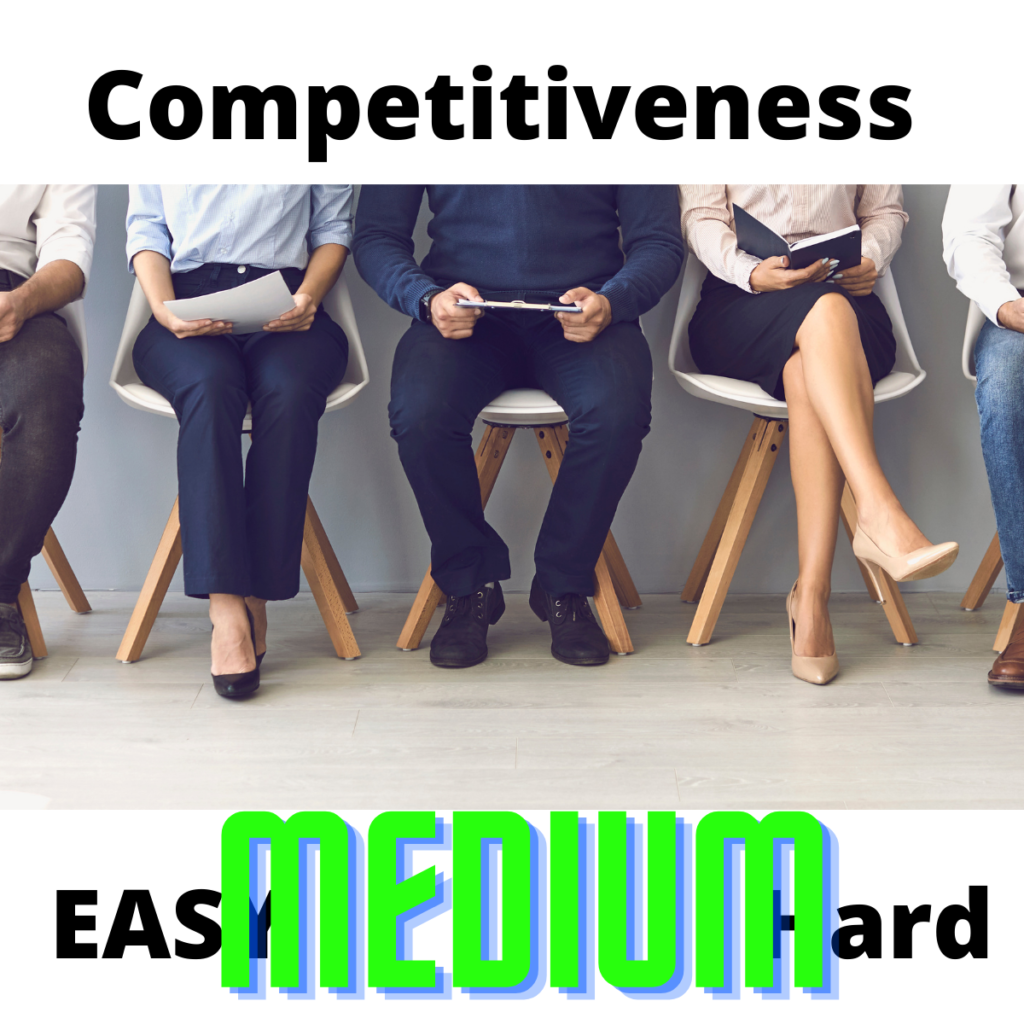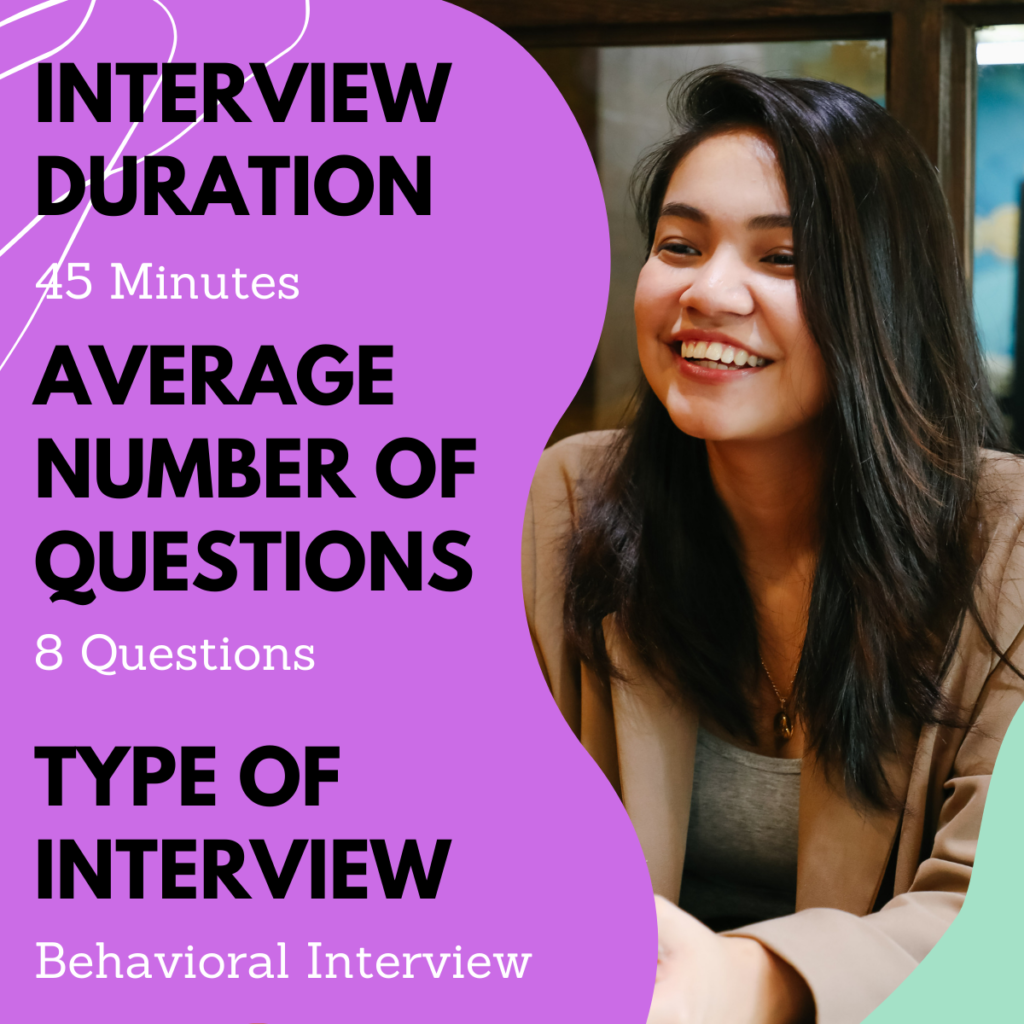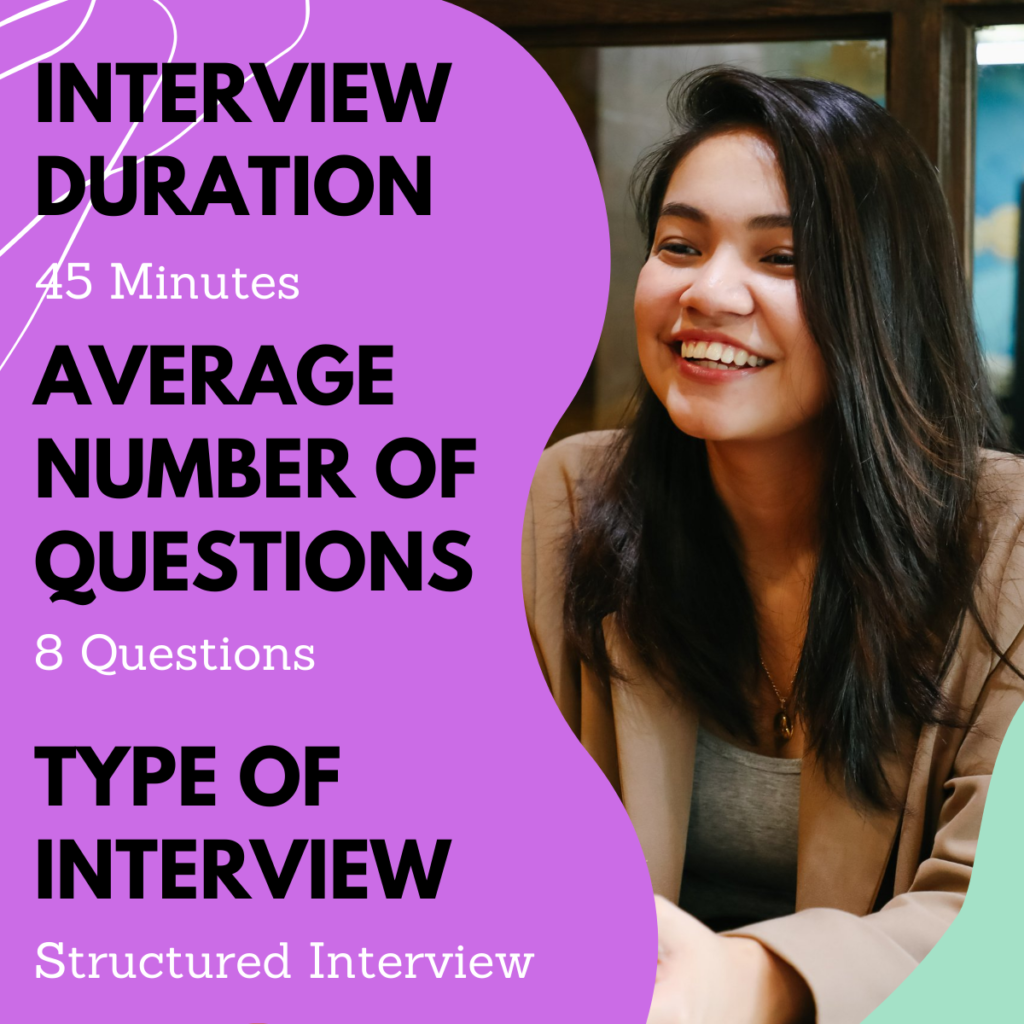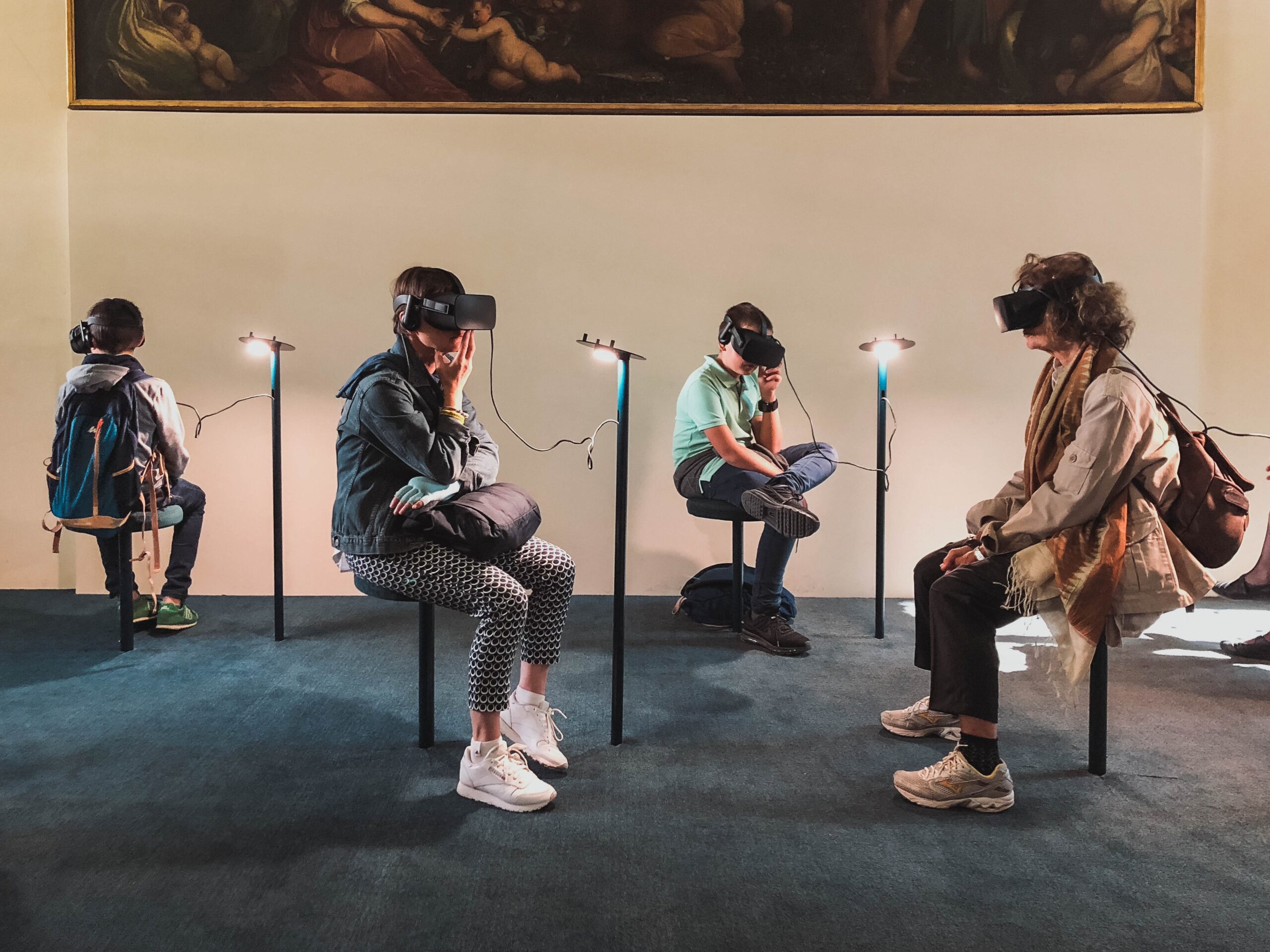One of the most common questions an interview coach is asked, is ‘What questions should I ask the interviewer?’
In fact, more people search on Google for the term ‘interview questions to ask an employer?’ around 100,000 a month, than they do ‘tell me about yourself?’ – the most commonly asked job interview question, which generates around 1000 search queries a month.
To help solve this query, this article will:
- Explain if asking an employer a question(s) is important
- Discuss when in the interview it is best to ask an employer a question
- List questions to ask an employer
Should I ask the interviewer a question?
The all-important question is, do I need to ask a hiring manager a question?
Technically the answer is no.
Don’t get me wrong. Asking the employer questions at the end of an interview is a key part of the recruitment process. The asking of unique questions can help a candidate be remembered by the hiring manager.
More importantly, for the career professional, questioning an employer can help the candidate decide if the organisation and job role are the right fit for them.
First choice job applicants – a candidate who consistently receives job offers following a recruitment process, ask numerous questions about the job duties, company culture, potential advancement, and the realistic future achievements of the business plan.
A first-choice candidates’ level of industry experience and knowledge along with their job interview confidence creates a strong interview identity. Their focus within a job interview, therefore, isn’t one of ‘will I get hired ?’ (desperation) instead, it is ‘will this employer meet my standards?’ (a high-status position).
The first-choice interviewee asks questions to check the employer’s suitability, not because the asking of questions to the employer is expected.
Many employers adopt the structured job interview process, as research shows that a structured job interview, compared to an unstructured job interview, is more likely to accurately predict the job performance of each candidate.
In a structured job interview, the employer will ask a set number of job interview questions, in the same order to each applicant. The interviewee’s job interview answers are scored against a set of essential criteria. Each interview answer is given point(s), on average on a scale of 1-4, and the highest-scoring interviewee is offered the advertised position.
The reason that asking the employer questions at the end of the interview doesn’t affect the job interview outcome is that the ‘do you have any questions for us?’ part of the interview doesn’t receive any points on the interview scorecard.
That means, if two people are equally scored at the end of an interview, and one asks 4-5 questions to the employer, and the other doesn’t ask a single one, the scoring allocated to be candidates will not change.
But….
The logical process of a structured job interview has a significant flaw. The human hiring manager is an emotional being. Emotions change how we perceive others.
The asking of questions shows an employer that the candidate is interested, passionate about the role. It helps build rapport, trust, and likeability. It’s the last chance to make a first impression, and it’s the first impression that creates an emotional reaction – I like or dislike this applicant.
Imagine the two equally scored interviewees. The one who asks the 4-5 questions has a chance to highlight more of their experience. As an example, the candidate may ask ‘can you tell me more about the day-to-day duties?’ After the employer responds, the candidate excitedly explains how they are highly skilled in (add duty).
This additional ‘sell’ isn’t added to the interview scorecard. But common practice is for the interview panel to make notes during the job interview itself and to allocate scores after the interviewee leaves.
If the asking of questions helps to build a positive emotional association with the candidate it is likely that the employer will score the interviewee higher than the applicant who didn’t bother to ask any questions. This is called the halo effect.
When to ask the interviewer a questions?
A higher number of interviewees when asked ‘do you have any questions for me?’ will say ‘no!’
As explained above, the asking of interview questions to an employer can create a significant advantage for the savvy interviewee.
But why wait until the interview end?
As we have already stated, first-choice applicants (which is what all career professionals should be aiming for) in fact ask questions to check the suitability of the employer.
Instead of saving a number of questions to the interview end, questions should be asked throughout the recruitment process as this allows the candidate to check:
- Does the leadership and management style suit the way they work best?
- Does the culture of company fit thier temperament?
- Does the business vision match their career objective?
- Is the company likely to stay ahead of the game and therefore reduce the likelyhood of having to make redundancies?
- Will this company help me to grow and develop?
- Is this the right fit for me?
To ask questions throughout the job interview, follow this process:
- Wait to be asked an job interview question
- Give an interview answer that communciates competencies confidently
- Ask the employer a follow up questio
As an example, if the job interview question is ‘what have you done to update your skills over the past 12 months?’ the applicant will give an answer highlighting the required criteria. In this example, the list is long impressing the employer.
At the end of the interview answer, the panel will spend 30 or so more seconds making notes. In that short time, one of the interview panel will break the silence, in this case by saying ‘that a long list, it sounds like you really care about your professional development?’
It’s at this stage where there is a natural opening for a follow-up question: ‘Yes it’s really important to keep developing your skill set, does the company have any training opportunities for new staff members?’ which creates a natural conversation while building authority.
Another technique is to ask a follow-up question before answering the interview question. In this scenario, the interview question is: ‘give me an example of managing your time?’ Instead of diving straight into the interview answer, the candidate can ask a specific follow-up question: ‘One of my key strengths is time-management. I often use technology to help with time management. Do you use Microsoft teams by any chance?’
The specific question is a hack to ensure that the detailed interview answer isn’t irrelevant. If the employer answers that they do use Microsoft teams, the candidate, in this example, will explain their knowledge of teams and how they use it to create Gannt charts, manage projects, diary management etc – as the employer, because they use the same technology, will see this as highly relevant.
If the employer states they don’t use the referenced technology/system/model the applicant can flip over this and answer the interview question without delving into detail about something the employer doesn’t need to know: ‘No, ok, I mentioned it because there are many tools that can assist with managing time, but the key to managing time is….an example of this is…’
Creating an interview conversation, rather the just answering the interview questions builds rapport. But even with a number of questions being asked throughout the job interview to check the suitability of the employer, you will be asked ‘do you have anything you would like to ask anyone of the interview panel?’ which means you must prepare a list fo questions to ask at the end of the job interview.
Questions for interviewers
Rob Jenkins in an article on what to ask and not ask in an interview (specifically talking about college interviews) said: “Do ask questions that demonstrate not only a knowledge of the college where you’re applying but also an enthusiasm for its mission and an earnest desire to be there”
It is the same in a job interview, each question should be planned to demonstrate a high level of knowledge and experience while expressing enthusiasm for wanting to work within that organization.
The top 3 questions to ask an interviewer
Questions that are unique, intriguing, or a little challenging will be memorable.
The top three questions to ask are designed to make the employer reflect, think, and feel good about themselves.
When a person feels good, the emotional feeling is associated with others in the room. And we are more likely to say ‘yes’ to someone we like.
- What makes you want to stay working for this organisation?
This question will highlight the culture of the company and the values of the employer. For many employers, who aren’t expecting a self-reflecting question, they have to think about their answer.
- Where in the team do you see my experience best fitting in – is there any particular project that you think I would be able to add value to?
An interviewee would only ask the employer this question if they know the interview has gone well. From a psychological point of view, the candidate is forcing the employer to view them as being successful in the team/on a project.
It’s the same psychology as if I said ‘don’t think of a pink elephant balancing on a blue ball’ to not think of the suggestion, you first have to imagine it!
- How will you measure how successful I am?
Asking about a measurement will highlight what the employer values. They might answer with customer satisfaction, targets, data, income, quality, quantity. This is a chance to break through any generic statements relating to values and vision and get a specific on what the employer deems is important.
Questions that impress the employer
The goal of the job interview is to create a strong impression that leads to a job offer.
Even though the asking of questions from a candidate can improve the impression created throughout the recruitment process by highlighting inside knowledge that shows how the candidate is interested in the role.
This is achieved by sharing researched guised as a question. Researched-based questions take more preparation but increase the value an employer associates with the candidates.
The idea is to state the research and ask a question based on the stated research. The research can include:
- Contracts/tenders the employer is bidding on
- Sector-related technology
- Changes to production/vision/values the employer is making
- New markets the business is moving into
- Risk from competitors, globalization, politics, etc
Below are three different ways to phrase the question to an employer:
- While researching the company, I saw that you are looking to (add research), how will this effect the day-to-day activities?
- I know that the sector/company is facing big changes because of (add research), how do you plan to approach this challenge?
- I was interested to hear about the new direction the company is heading in, what do you think will be the biggest challenges and biggest rewards?
The best questions to ask in an interview
Each job applicant needs to be armed with at least 10 questions to ask an employer.
A high number of questions is required because some of the answers may be discussed during the job interview. Not all ten need to be asked, often three to five questions are enough.
- Can you tell me more about the day-to-day duties and my responsibilities?
- What are the main challenges that the team/company face?
- Do you collaborate with other organisations?
- Is this an office job or do you offer hybrid working?
- Who is the company’s biggest competitor?
- What changes is the sector facing due to globalisation/technology/demand/politics?
- Are there plans to expand the business?
- What development and training do you offer new employees?
- What is the average duration of an employee working for the company?
- How would you describe the culture of the company?

10 Killer Questions to ask an Employer
Killer questions are the question that makes a candidate memorable. They can be a little risky, as some questions are framed to state the candidate’s skill set and can sometimes be seen as self-serving. But when delivered right, with confidence, employers will view the candidate as a high-status individual.
- What is the one thing that you know I will be able to bring to the team?
To lessen the self-serving aspect of the question you can replace ‘I’ with ‘the successful candidate
2. What was it in my application that made you want to interview me?
This can be awkward if the employer doesn’t remember the reason for inviting the applicant to interview – this is more common than you might expect.
3. How can I advance myself in this role?
Many employers like to see that a potential employee has a focus on progression. But some may worry that the candidate may jump ship for an early promotion.
4. Why did the last employee leave?
This in fact is a great question, as the question can help the interviewee decide if they should take a role if offered to them. Some employers may feel awkward answering this question.
5. What are the expectations of me in my first 6 months?
A candidate can get a real insight into the role/expectations by asking this question.

6. What have previous staff advanced into after holding this job role?
Asking about future progression shows eagerness and that the career path is important to the employee, but some employers worry that the candidate is wanting to run before they can walk.
7. Is there anything about my interview answers that worry you?
A dangerous question. Here the candidate is directing the employer to think about any negatives they have shown during the job interview. On the other hand, if an employer states a concern the job applicant can address the concern during the interview and create a re-frame to help ensure they are viewed as hirable.
8. What challenges might I expect to face?
The challenge’s question is often asked for managerial positions, project lead roles, and for job roles when collaboration is a key feature. But it can also be asked in most job interviews.
Some employers dislike this question as they have to be honest about any ‘problems’ the business has.
9. Why do you think other people have failed in this position?
This question should only be asked if the employer has referenced that others have previously failed. By asking the question, the candidate can follow up with actions they would take to ensure success.
10. Do team members meet outside of work?
A team that meets outside of work is one that is normally happy – a good indication of a positive workplace. It is good to frame this question by adding ‘for exercise, or food’ so the employer doesn’t believe you are asking about social drinking.









